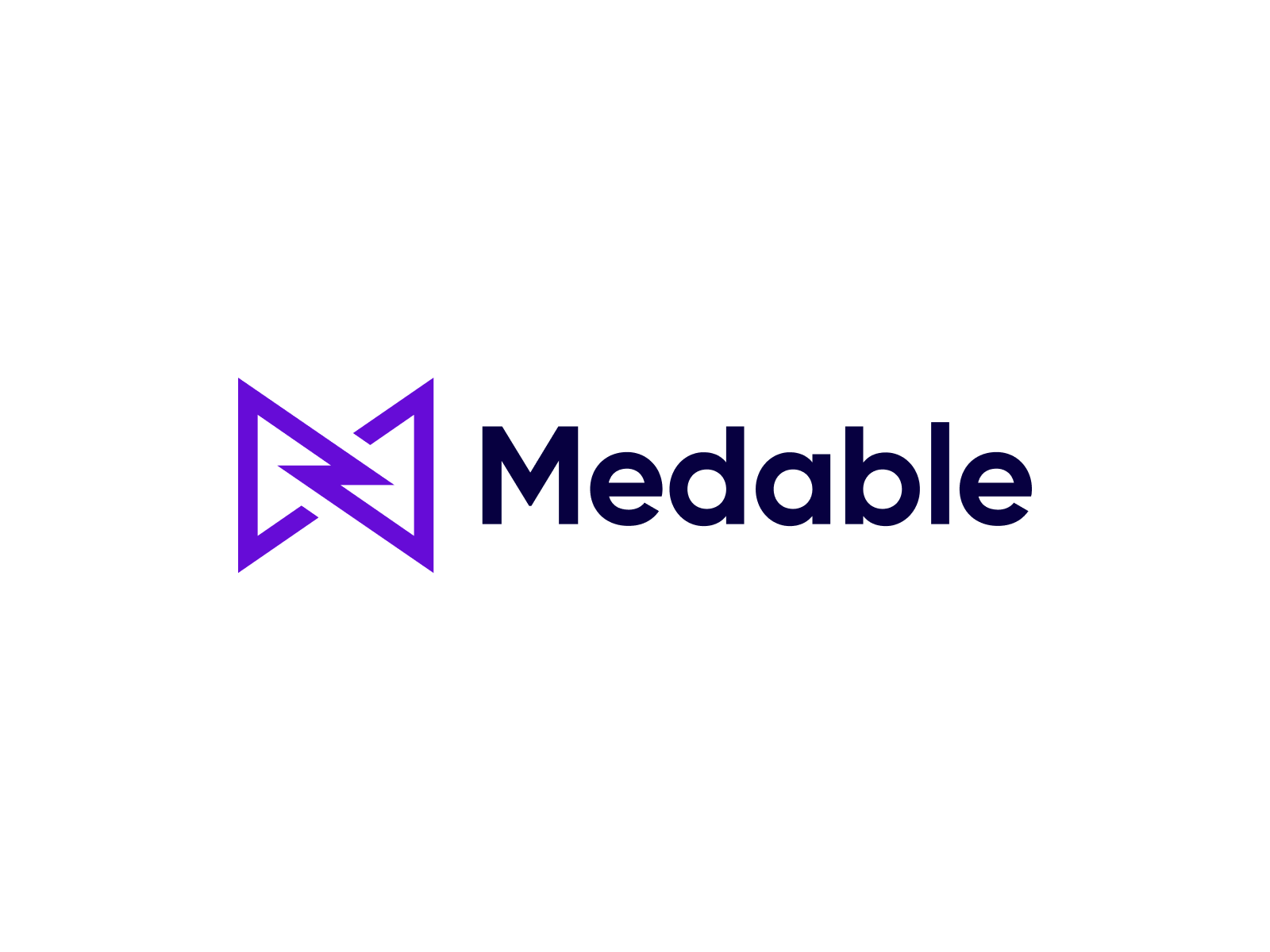Pharma Trax Sales, marketing, And R&D Trends affecting the healthcare industry Technology Will Revolutionize Pharma by 2010 Seven key technologies will allow pharmaceutical companies to reduce drug-development costs by 75% and cut lead times by nine years. This is the finding of a recent report by IBM Business Consulting Services. The report, Pharma 2010: Silicon Reality, predicts that these technologies will help the pharmaceutical industry reduce its prelaunch drug-development costs to as little as $200 million, cut average lead times to between three and five years, dramatically increase success rates from first human dose to market, raise the quality of development and manufacturing processes, and allow companies to deliver bigger shareholder returns than ever before. “Information technology is at the heart of enabling the transformation of the pharmaceutical industry,” says Steve Arlington, global pharmaceutical industry leader, of IBM BCS. “New technologies will enable pharma to fundamentally change the way it does business. Companies that fail to respond to the market conditions that are now emerging will see their shareholder value continue to plummet.” The pharmaceutical industry spends about $20 billion a year on information technology, but rarely reaps the full rewards of the investment, the IBM report finds. Companies devote most of their IT resources to technologies that cut costs such as supply chain, transaction processing, and support services, many of which are increasingly becoming outsourced to external providers. Verispan Ranks Pharma leaders According to Verispan’s Pharmaceutical Company Image 2004, Pfizer, Merck, and GlaxoSmithKline continue to rank as the three most highly esteemed companies among healthcare professionals. While many companies maintained their ranking from 2002, regard for Abbott Labs rose among office-based and hospital-based physicians. Abbott became the ninth most esteemed pharmaceutical manufacturer (out of 84 companies ranked in total) in 2004, after finishing 11th overall in the opinion poll in 2002. In earning its top 10 ranking, Abbott displaced Wyeth, moving that organization from ninth to 10th place overall. Other companies with positive returns in terms of overall opinion included Forest (up six places), Novo Nordisk (up 10 places), and Sanofi-Synthelabo (up 13 places). Steve Arlington Companies need to invest in new technologies that will truly drive breakthrough growth and help them to differentiate themselves. the technologies transforming pharma Petaflop computing will enable large-scale biomolecular simulations, such as protein-folding studies. grid computing will enable companies to screen for DNA sequence matches and analyze sales and marketing data in real-time. Predictive biosimulation, computer-generated models that simulate how a biological system works as a whole, will enable pharmaceutical companies to significantly reduce the number of wet-lab experiments required to identify possible drug targets. Pervasive computing, miniaturized individual tracking devices, mobile telecoms, and wireless technologies will facilitate the transmission and collection of biological data on a real-time basis outside a clinical setting. Smart tags or radio frequency identification (RFID) will eliminate slow and inefficient manufacturing processes. These technologies will also enable the monitoring of pharmaceutical products at all points in the supply chain. Advanced storage solutions, virtualized storage grids, and transparently integrated record management and archiving systems will help the industry comply with regulatory requirements. Process analytical technology will allow companies to monitor manufacturing processes automatically, in real time. Web-scale mining and advanced text analytics will enable pharmaceutical companies to quickly and efficiently draw meaning from huge quantities of research, marketing, and patient data. Source: IBM Business Consulting Services, Somers, N.Y. For more information, visit ibm.com/bcs. 2004 company image rankings 1. Pfizer 2. Merck 3. GlaxoSmithKline 4. Johnson & Johnson 5. Eli Lilly 6. AstraZeneca 7. Novartis 8. Aventis 9. Abbott Labs 10. Wyeth Source: Verispan, Yardley, Pa. For more information, visit verispan.com. Follow up IBM Business Consulting Services, Somers, N.Y., provides clients with business process and industry expertise and the ability to translate that expertise into integrated, adaptive, on-demand business solutions that deliver bottom-line business value. For more information, visit ibm.com/bcs. Verispan, Yardley, Pa., is a healthcare informatics joint venture of Quintiles Transnational Corp. and McKesson Corp. and provides a broad array of information products and services to the healthcare industry. For more information, visit verispan.com.
An article from


PharmaTrax
Filed Under:
Commercialization









